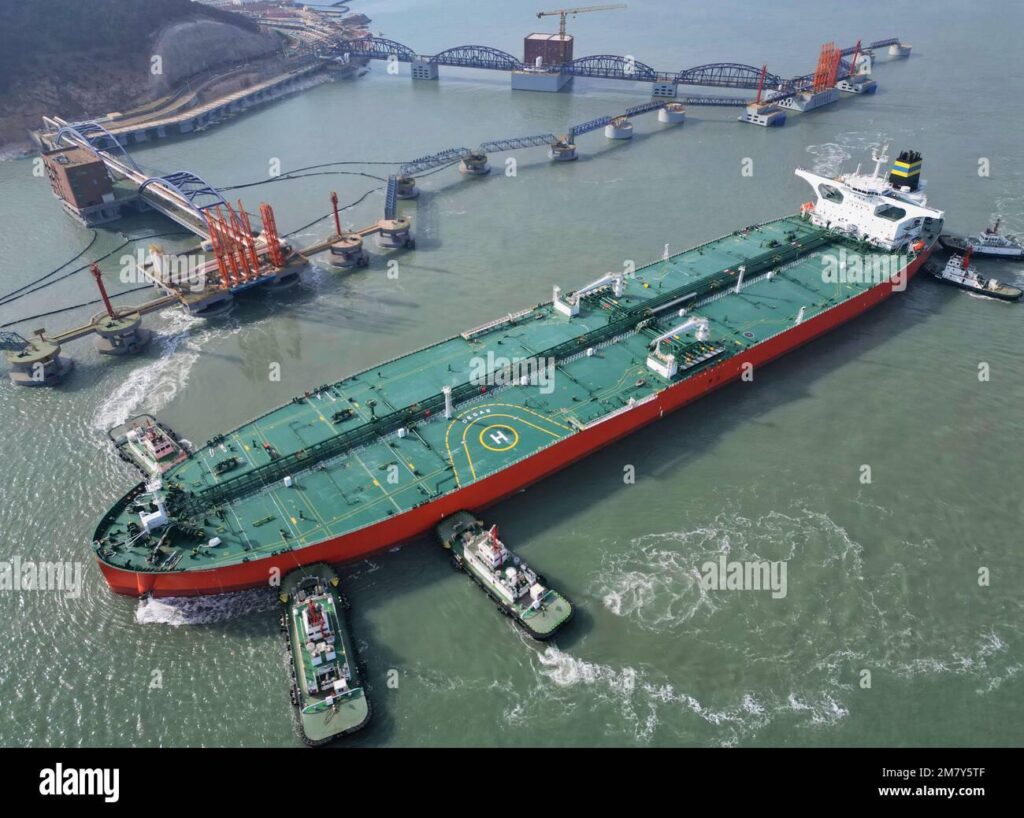In the high-stakes geopolitical chess game, the potential for a presidential pivot could send shockwaves through global energy markets. As tensions simmer and strategic alliances shift,the prospect of Donald Trump interrupting Russia’s oil flow to India threatens to reshape diplomatic landscapes and economic realities. This intricate scenario stands poised at the intersection of international power dynamics, where each move could trigger unforeseen consequences across continents. With Russia’s economic interests hanging in the balance and India’s energy security at risk, the potential response from Moscow looms as a critical narrative of strategic calculation and potential retaliation.The geopolitical chessboard could witness a dramatic shift if the United States implements a strategic move to halt Russian oil exports to India. Moscow’s potential responses would likely span diplomatic, economic, and strategic domains, reflecting its intricate global positioning.
Initially, Russia might leverage its deep-rooted relationships with other Asian nations to counterbalance potential economic disruptions. China could emerge as a critical alternative market, potentially absorbing increased oil volumes and providing financial support through expanded bilateral trade agreements.
Diplomatic channels would become increasingly complex. Moscow could intensify its engagement with non-Western multilateral organizations like BRICS and the Shanghai Cooperation Organization to demonstrate solidarity and economic resilience. Strategic messaging would emphasize the perceived economic aggression from Western powers.
Economic retaliation might include redirecting energy infrastructure investments, potentially accelerating alternative pipeline projects or exploring new maritime transportation routes. Russian state-owned energy corporations could negotiate long-term contracts with countries sympathetic to its geopolitical stance, effectively circumventing potential sanctions.
The Kremlin might also explore technological and military collaboration with nations feeling marginalized by Western sanctions. Enhanced defence cooperation, technology transfers, and joint military exercises could serve as strategic countermeasures, signaling Russia’s ability to maintain global influence despite economic pressures.
Energy markets would experience significant volatility. Russia could strategically reduce oil production, creating artificial scarcity and potentially driving global prices higher. This approach would concurrently pressure India while generating additional revenue from increased per-barrel pricing.
Cryptocurrency and alternative financial mechanisms might become more prominent in Russia’s international transactions. By developing robust blockchain-based trading systems, Moscow could create parallel economic networks less susceptible to traditional financial restrictions.
Intelligence and cyber capabilities would likely be mobilized to gather strategic intelligence and potentially disrupt economic networks supporting such sanctions. Sophisticated digital campaigns could aim to create economic uncertainty and challenge the credibility of restrictive measures.
Internally, the Russian government would likely frame such actions as another example of Western economic warfare, potentially rallying domestic support and justifying further economic restructuring. Nationalist rhetoric would be carefully crafted to maintain public morale and demonstrate governmental resilience.
The complex geopolitical landscape suggests that any attempt to isolate Russia economically would trigger multifaceted, sophisticated responses designed to preserve national interests and global economic relevance.






